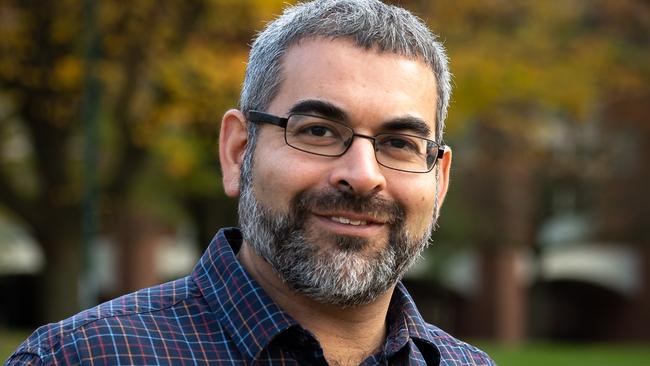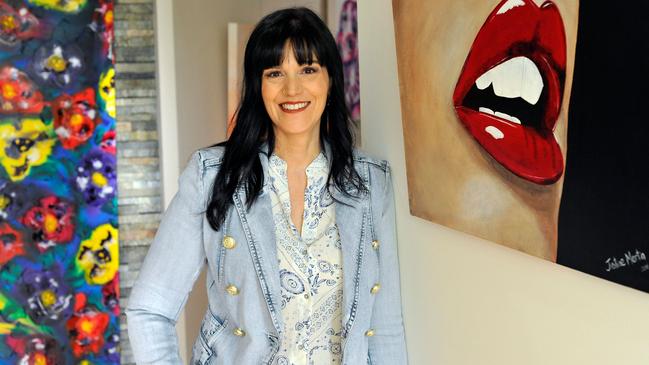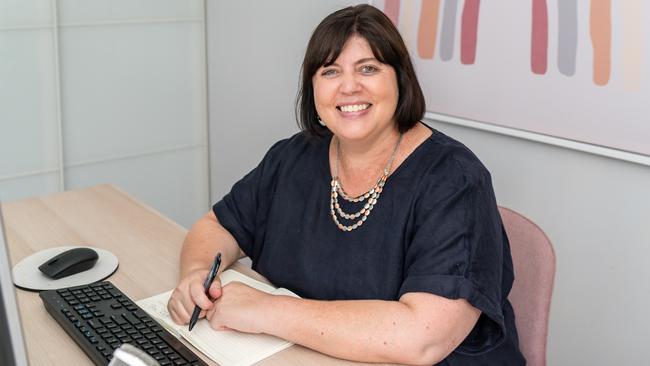Australia tops the globe’s biggest study of kindness, world kinder since Covid-19
The world is a kinder place since the Covid-19 pandemic. See why Australia came out on top of the biggest kindness study.

SmartDaily
Don't miss out on the headlines from SmartDaily. Followed categories will be added to My News.
Hugh Jackman is famous for many things, from holding a world record for the most superhero film appearances as Logan/Wolverine, to a long, happy marriage to Deborra-lee Furness.
Recently, however, the movie star added another award to his list, taking out top spot as Australia’s kindest celebrity in the 2022 Tic Tac kindness survey.
Kindness is the new “cool” as well as being the subject of a major study conducted in the UK last year by the University of Sussex and BBC Radio 4.
Involving more than 60,000 people from 144 different countries, including Australia, The Kindness Test is believed to be the largest study of its kind in the world, examining what makes us kind, why are some of us kinder than others, and what stops us from being kinder.
And the results suggest that people who receive, give, or even notice more acts of kindness enjoy higher levels of wellbeing and life satisfaction.
“There has been growing interest in kindness as a topic of investigation in psychological research, but there is still a great deal that we don’t know,” says the study’s lead researcher, psychologist Professor Robin Banerjee.
“But one important point that emerged was just how prevalent kindness is.”

The study revealed that women are more kind than men, and that kindness is mostly found at home, followed by medical settings, the workplace, green spaces, and shops.
People also value kindness at work, especially in social work, healthcare, hospitality, and education. While the study was dominated by UK participants, Professor Banerjee says there was little difference between individual countries.
“Out of eight countries with at least 200 participants in the test, Australia scored joint highest on the kindness scale,” he says.
Clinical psychologist, Rebecca Ray, says the results of The Kindness Test aren’t surprising.
One reason is that the pandemic highlighted the critical human need for connection.
“Also, we spent two years flooded with media stories of the trauma of the pandemic across the world,” she says.
“The loss was huge, both of life, health, employment, business, and whole industries collapsing. When faced with this, many people chose to lead with kindness because they became acutely aware of how small so many problems actually are, how so many people were worse off than themselves, and that being kind was one small thing they could control.”
When it comes to barriers to kindness, a top concern is misinterpretation.

“People were worried about how others are going to react to an act that is intended to be kind, for example, they might they feel patronised or that there’s an ulterior motive,” says Professor Banerjee.
“Yet the results showed that people very rarely talked about embarrassment or other negative reactions when receiving kindness themselves. This raises the interesting point that sometimes we probably ‘over-think’ kindness, and that this can actually end up inhibiting us.”
Ray believes having the right mindset is what’s most important.
“Given the ‘bigness’ of all the suffering in the world, I think it’s important that people understand what they do, or don’t do, counts,” she explains.
“Holding the door open for a mum struggling with her upset baby can turn her entire day around. And it doesn’t have to cost you resources you don’t have either, because a tiny action that you can do makes that person’s experience of this moment a little easier.”

Justine Martin is a resilience coach and artist from Geelong who’s been a recipient of countless acts of kindness over the years.
The 51-year old mum of two has battled a line-up of health problems including multiple sclerosis and three cancer diagnoses.
“When I was going through chemotherapy girlfriends would bring me meals and just sit and listen to me, as often it would be a few days when I hadn’t seen anyone,” she says.
“And when I had Covid at the beginning of the year, a close male friend came and mowed my lawns.”
During the pandemic, Martin came up with a kindness initiative of her own, making and mailing hundreds of “care cards” for strangers’ loved ones at her own expense.
“Kindness brings a sense of community and a sense of belonging,” she says.
“Being selfless also has a positive impact on your own mental wellbeing. To give something, either physical or time, without reward releases endorphins giving you a sense of pride that you are contributing to someone else’s life in a good way.”

Rebecca Ray’s Top Tips For Spreading More Kindness
With strangers: make eye contact and smile, as it’s a rare gift to others these days. Thank people for doing their job well, and better yet, tell their boss how great their work is.
With loved ones: send check-in messages, especially to anyone that you haven’t connected with for a while. Tell your people that they matter to you, regularly.
With yourself: speak to yourself as you would a close friend. Relentlessly believe in your own potential – what could you do if you had your own back?




